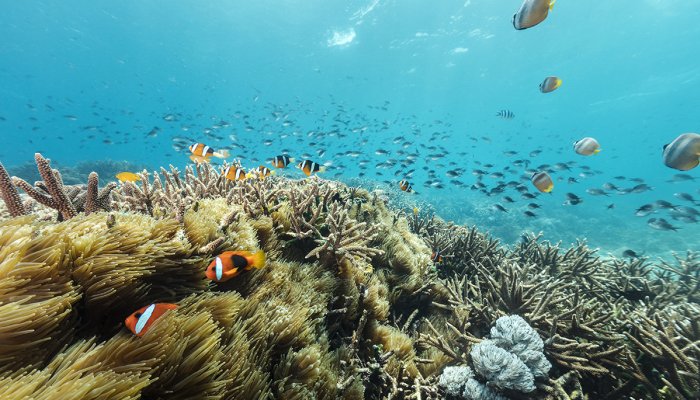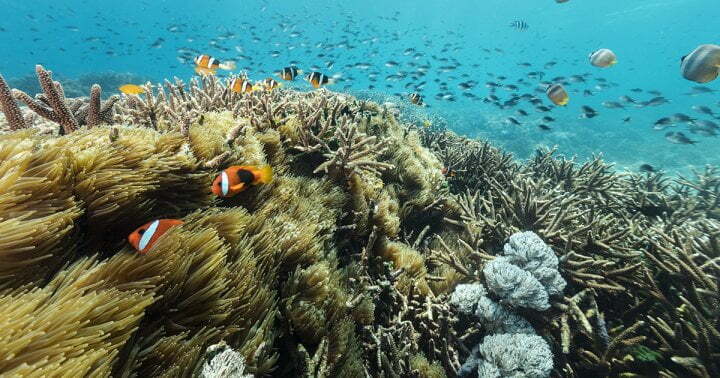Freaked Out By “Seaspiracy”? 6 Seafood Lessons The Movie Missed

Given that today’s industrial fishing industry is unsustainable, quitting seafood seems like a reasonable choice. But, like all environmental issues, this one isn’t so black and white.
For starters, giving up seafood is not an option for everyone: “To opt for vegetarianism and veganism is a very respectable position, and it may (have to) become a majority decision in the coming years,” Daniel Pauly, Ph.D., an acclaimed fisheries biologist, writes of Seaspiracy on Vox. “But right now, this is a position that only a small fraction of the population of wealthier countries will take.”
On the other hand, many people living in developing coastal towns depend on the sea for their livelihood. Fishing also holds spiritual value for Indigenous populations around the world. Asking these communities to stop fishing is unrealistic, not to mention culturally insensitive.
Instead of criticizing these smaller-scale fisheries, we should be learning from them. “You really can’t talk about global seafood without taking the time to understand that small-scale fisheries are so critically important,” Gabrielle Lout, M.A., a marine advocate and Ph.D. candidate in conservation at Arizona State University, tells mbg. According to the United Nations, around 90% of the 35 million fishers worldwide operate on a small scale: Unlike the huge operations depicted in Seaspiracy, they use relatively low-tech methods to catch fish close to shore.
When done strategically—with an understanding of how many fish need to stay in the water to keep that ecosystem healthy and thriving—small-scale fishing is “sustainable” in the most basic sense: It can be sustained into the future without causing environmental damage.
“[The movie] made the point that there’s no such thing as sustainable fishing, but sustainable fishing actually exists,” De’Marcus Robinson, an ocean sciences Ph.D. candidate at UCLA, tells mbg. The question is whether it’s possible to feed the planet using these small-scale principles, or if fishing on a massive scale will always require cutting corners. Robinson thinks there’s a way. But, he tells me, “you have to change the system.”
This article was originally published by mindbodygreen.com. Read the original article here.




